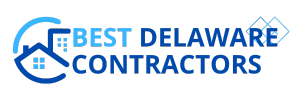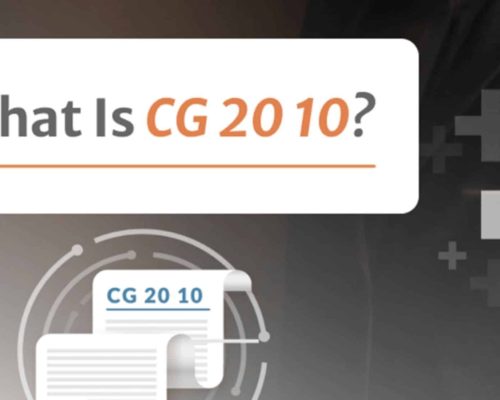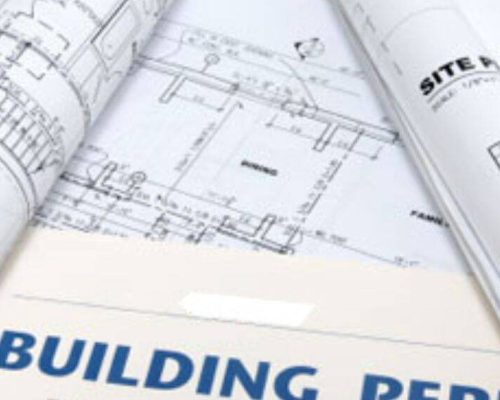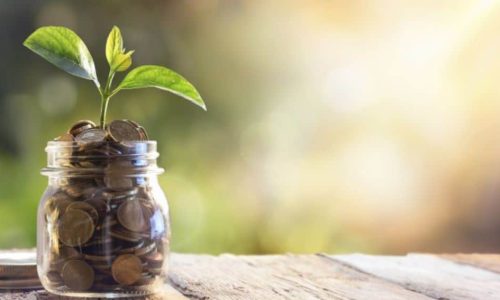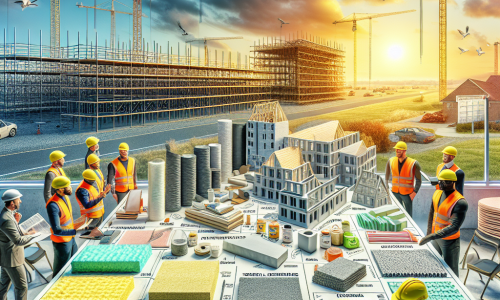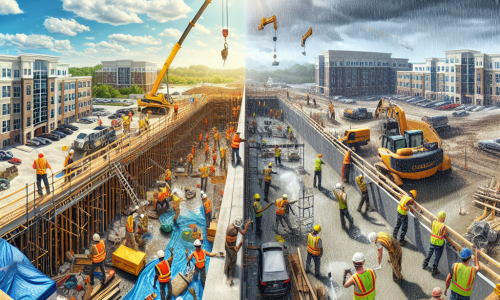As the demand for sustainable construction continues to grow, Delaware is offering several financial incentives to encourage energy-efficient and sustainable building practices. From tax breaks to grants and certifications, these special programs are making sustainable construction more affordable and accessible.
No matter whether you are a homeowner, business owner, or developer, knowing about these financial incentives will help you make informed decisions to help you save money and also reduce the number of environmental issues.
This article explores the key financial incentives available in Delaware, including the Green Energy Fund, federal grants, and LEED certification opportunities, which will empower you to make a more sustainable choice along with a cost-effective strategy.
Delaware’s Green Energy Fund and Tax Incentives
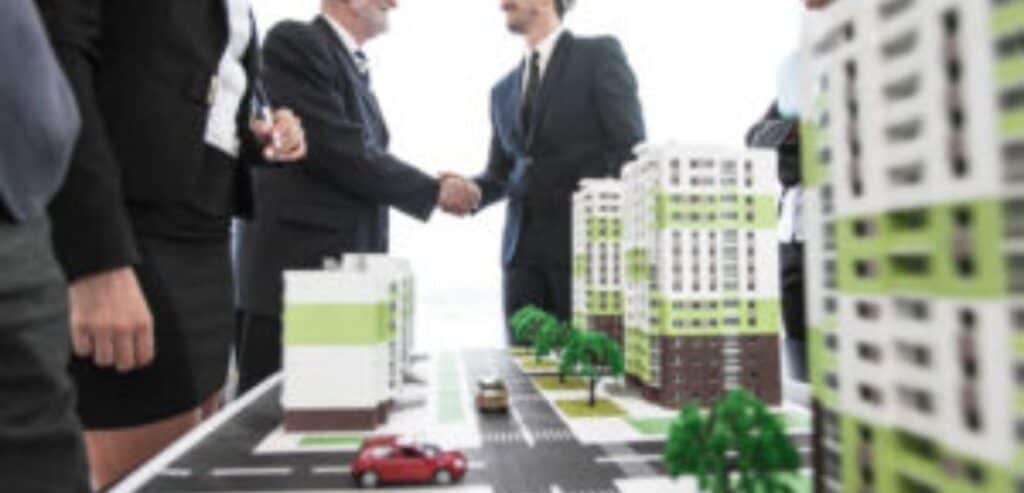
Started in 1999 Delaware’s Green Energy Fund is a special program designed specifically to promote the use of sustainable construction practices such as the use of renewable energy among residents, businesses, and non-profit organizations. The funds offer grants to offset the cost of installing renewable energy systems, this has helped sustainable construction to be more accessible for everyone.
Key Features of the Green Energy Fund:
- Eligibility: The program is available to customers of Delmarva Power, Delaware Electric Cooperative, and municipal electric utilities within the state.
- Incentives: Financial incentives and grants are provided for the installation of various renewable energy systems, including solar photovoltaic (PV), solar water heating, wind turbines, and geothermal heat pumps for sustainable construction.
- Application Process: The interested applicants are required to submit a detailed proposal outlining the details of their project scope, anticipated energy savings, total project cost etc. Once the application is approved grants are provided to help in the installation process cost
With the help of green energy funds, Delaware aims to ensure more sustainable and energy-efficient construction practices such as reducing greenhouse gas emissions, decreasing reliance on fossil fuels, and stimulating the local economy through the growth of green jobs.
Federal Grants and Rebates: The Inflation Reduction Act’s Tax Credits for Energy-Efficient Upgrades

On a federal level, the Inflation Reduction Act (IRA) of 2022 introduced significant tax credits and rebates to encourage more energy-efficient sustainable construction and the adoption of more renewable energy technologies. This special incentive program is designed to make sustainable construction approaches more accessible to homeowners across the nation including those in Delaware.
Key Features of IRA:
- Energy Efficient Home Improvement Credit: With the help of energy-efficient home improvement credit, Homeowners can claim a tax credit of up to 30% of the cost for applying for energy-efficient improvement with a maximum annual credit of $1,200. Eligible improvements include the installation of energy-efficient windows, doors, insulation, and HVAC systems.
- Residential Clean Energy Credit: Residential clean energy credit provides 30% of the cost for the installation of energy efficient systems like solar panels, wind turbines, and geothermal heat pumps, with no maximum limit. This credit card offer is available through 2032, offering a long-term duration of incentive for sustainable home upgrades.
To claim these credits homeowners must complete IRS Form 5695 when filing their federal tax returns and retain all relevant receipts and documentation of the improvements made.
LEED Certification: A Benchmark for Sustainable Construction

Leadership in Energy and Environmental Design (LEED) certificate is a highly regarded globally recognized standard for the regulation of sustainable construction practices. This was developed by the U.S. Green Building Council (USGBC). Leadership in Energy and Environmental certificate framework offers several benefits including efficient, and cost-effective sustainable buildings.
Benefits of LEED Certification:
Environmental Impact:
Leadership in Energy and Environmental certified buildings are specially designed to reduce the number of environmental issues such as energy consumption, water usage, and greenhouse gas emissions, leading to more green conservation.
Economic Advantages:
LEED-certified buildings aim to ensure lower operating costs due to increased energy efficiency and water efficiency. LEED certification can help to enhance property values and offers access to several financial incentives.
Health and Wellness:
LEED certificate aims to create more responsible and nontoxic materials indoor air quality for improved health and wellness. LEED-certified buildings promote the importance of the health and well-being of occupants with its sustainable framework practices.
Achieving LEED Certification:
To claim a LEED Certification an applicant must go through the process involving several meetings specialising in several criteria across various categories. This includes sustainable site development, water efficiency, energy and atmosphere, materials and resources, and indoor environmental quality. The project will earn these specific points to achieve certification in the different levels of categories:
- Certified
- Silver
- Gold
- Platinum
In Delaware, pursuing LEED certification can align with state and federal incentives, further enhancing the financial viability of sustainable construction projects.
Challenges of Sustainable Construction
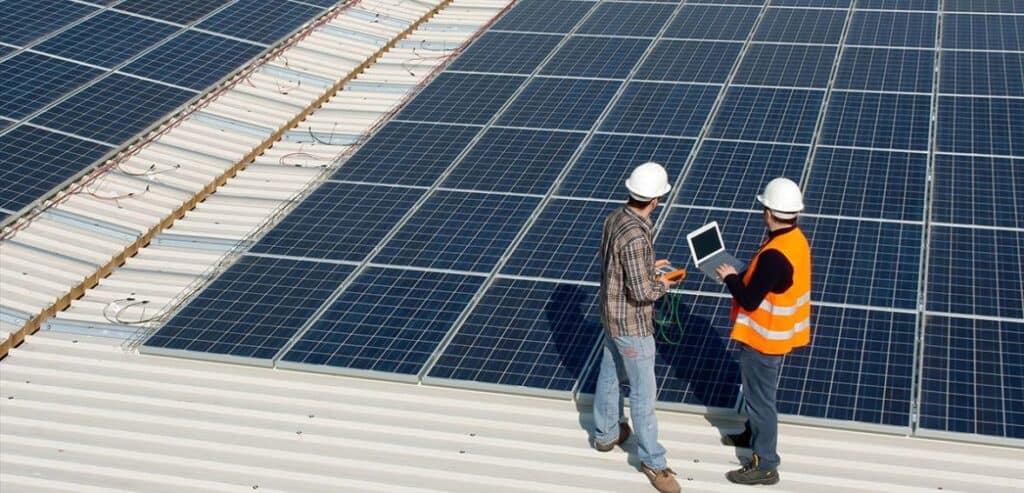
Sustainable construction aims to ensure reduced environmental impact and promote a more energy-efficient building lifestyle. However, even with these benefits, sustainable construction has several challenges:
High Initial Costs
Adopting sustainable methods such as eco-friendly materials and technologies can lead to high initial costs compared to traditional construction practices. This issue can create a limitation for developers even though long-term operational savings may offset initial investments.
Lack of Knowledge and Expertise
Modern advanced sustainable technologies and design can be a barrier for most workers due to a lack of awareness and expertise. This gap can result in suboptimal implementation of green practices and discourage project developers from approaching sustainable projects.
Regulatory and Compliance Challenges
Navigating the complex landscape of environmental regulations and building codes can be daunting. Compliance with evolving standards requires continuous adaptation and can lead to increased project timelines, complexity and additional costs.
Limited Availability of Sustainable Materials
Accessing sustainable materials and technologies can be a challenging issue for most project developers due to the limited availability in the supply chain, additionally, higher cost of materials can also make it difficult for developers to implement sustainable options in construction projects.
Public Perception and Misconceptions
Even with several benefits of sustainable construction practices, the lack of awareness among the public has become a major limitation for the development of this approach, leading to hesitation or reluctance to adopt sustainable building practices among project developers and stakeholders.
Infrastructure Limitations
Several current existing infrastructures may not support sustainable building practices and technology, and the additional investment to adopt green technology and modifications for sustainable practices may become a limitation for sustainable construction.
Addressing these challenges necessitates a collaborative approach among industry professionals, policymakers, and the public to promote education, develop supportive policies, and invest in sustainable technologies and materials.
Conclusion
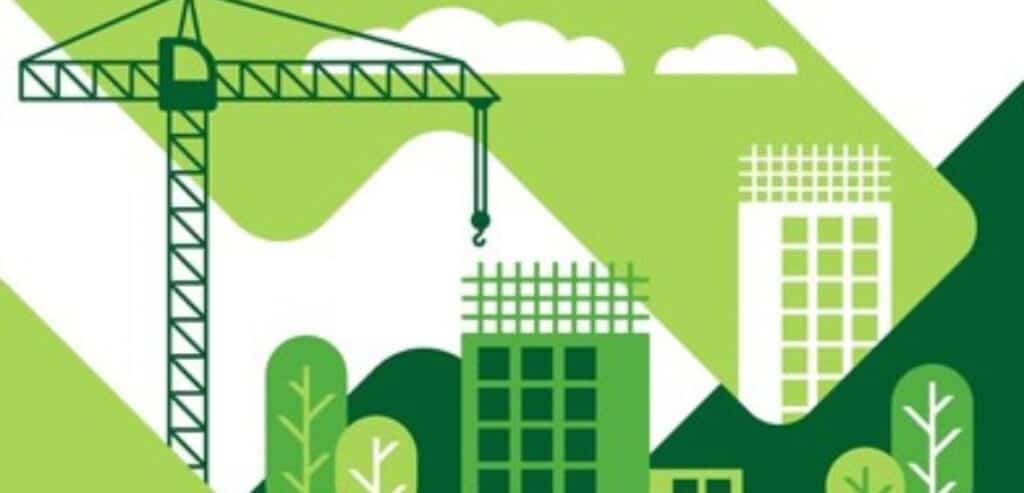
Delaware is leading the way in promoting sustainable construction through a range of financial incentives, including the Green Energy Fund, federal tax credits, and LEED certification opportunities. These programs not only make renewable energy and energy-efficient upgrades more affordable but also contribute to environmental conservation and economic growth.
By leveraging these incentives, homeowners, businesses, and developers can reduce energy costs, minimize their carbon footprint, and enhance property values. Embracing sustainable construction is not only an investment in the future of our planet but also a smart financial choice for today.
FAQs
What Is Delaware’s Green Energy Fund?
Delaware’s green energy fund offers incentive grants to offset installation costs covering sustainable renewable energy systems like solar, wind, and geothermal. This special program is available to delmarva power customers and is funded through a small charge on utility bills.
What Federal Incentives are Available for Energy-Efficient Upgrades?
Under the Inflation Reduction Act, homeowners can receive tax credits of up to 30% for applying for energy-efficient home upgrades including windows, doors, insulation, and renewable energy systems. These credits are available through the long-term duration of 2032.
What Is LEED Certification?
LEED Certification is a reputable globally recognized standard for sustainable construction practices. It aims to reduce environmental impact and can increase property values by meeting strict criteria for green building design and operation.
